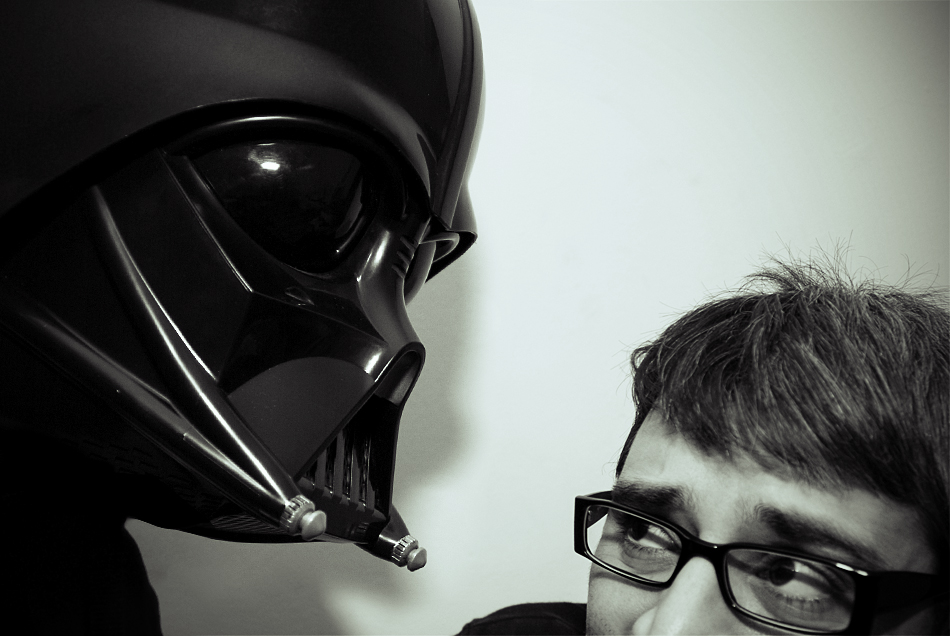 |
| Photo credit: _Teb on Flickr |
I already wrote a post listing my top five favorite antagonists (spoiler: they include the fabulousness that is the Darkling, Warner, Khan, Moriarty and the Graceling baddie), but as a writer, I’ve known for a while that I wanted to write antagonists that I cared about just as much as I did the protagonist.
Happily, I’ve started to work toward exactly that, and I’ve been picking up a couple tips along the way:
- Get to know them (and love them) first. This, by far, has been the biggest help to me in writing antagonists I care about. By thinking of them as characters first, rather than the evil force that makes my protagonist’s life difficult, I’ve been able to connect with them better in the brainstorming stages, so that when they arrive on the page, I don’t see them strictly as the evil obstacle.
- Understand their motivation. The thing about the antagonist, is most times, they don’t think they’re doing the wrong thing (or if they recognize what they’re doing is wrong, they have a way to justify it to themselves).
Very few people do evil for the sake of doing evil. The choices they make are based on beliefs, experiences and some kind of worldview that shapes their way of thinking and ultimately influences their decisions. By understanding why your antagonist does the things he (or she) does—and even better, why he thinks what he’s doing is the right choice—your antagonist will turn out to be a much more interesting and developed character, than they would have otherwise. - Make them sympathetic (or at least understandable/relatable). This is related to the last point, but not entirely the same. Lately I’ve been thinking about what my antagonists’ lives are like off-screen (or off the page). Who do they care about? What do they like to do? What are they afraid of? What do they dream about? What secrets do they hold dear to them? Even if most of this information never comes up in your manuscript, knowing the bigger picture of your antagonists’ lives can give you plenty of opportunity to make them a little more relatable or human, so that the readers don’t view them as just the opposing force.
- Make them formidable. There are few things more disappointing than an awesome bad guy who is easily defeated. You antagonist should be a major obstacle for your protagonist—the hero of your story should struggle to overcome him. In order for us to truly appreciate the protagonists victory, his journey there has to be a struggle, and the moment that your protagonist fights the antagonist should be a battle that won’t easily be forgotten.
- Avoid the clichés. Basically, everything in that linked post is what you should avoid if you want your antagonist to be taken seriously. Evil monologues, twirling mustaches and maniacal laughter are best saved for the corny movies.
So those are my tips for writing a great antagonist, now I want to hear from you: What tips do you have for writing awesome baddies?
Twitter-sized bites:
Do you struggle when writing antagonists? Writer @Ava_Jae shares 5 tips that may help. (Click to tweet)
"Very few people do evil for the sake of doing evil" and other antagonist-writing tips from writer @Ava_Jae. (Click to tweet)








No comments:
Post a Comment